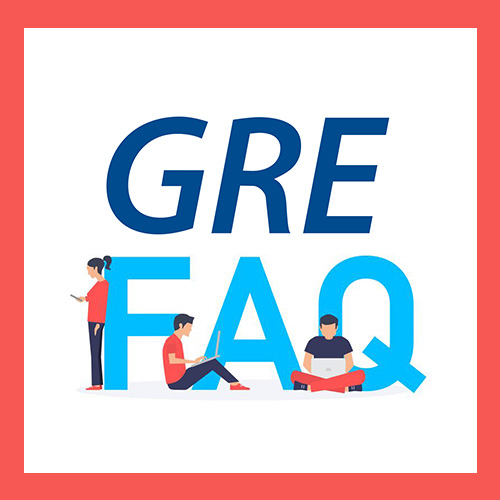
FREQUENTLY ASKED QUESTIONS RELATED TO GRE
How long does it take to prepare for GRE?
This is a common question that many students face. I would like to shed some light on this through this article. While it varies from student to student and there is no one right answer, but still there are a few things which can be generalized. For most students, with an average of about 2 to 3 hours per day, we have estimated that it takes about 2 to 3 months to prepare for the GRE, which comes to about 150 to 200 hours of time. This includes learning time and also full length tests. The course structure that we have designed includes about 12 learning sessions of about 3 hours each; so 36 hours for Quant and 36 hours for Verbal. So in a total of 72 hours the learning is achieved. Added to this another 72 hours of practice is mandatory and thus in about 144 hours you can accomplish the learning and practice. Once you are confident of your basics then you can start the full length tests. Let’s say you give about 10 full length tests. That amounts to another 35 hours.
When should we start?
The best time to start preparing for the GRE is in the third year of undergraduate studies. It is also the best time to appear for it. You can thus start in the 5th or 6th semester. In the 7th semester, you will have to focus on your applications. So avoid giving the GRE during that time. This plan is for those students who want to fly immediately after their Bachelors. Of course, if you want to go for Master’s after a year or two, you can even give the GRE in the final year. However since the score is valid for 5 years, you can give it in the 3rd year as well because later it becomes difficult managing job and GRE.
How to prepare the words?
It is true that we need to know a lot of words for the GRE. But where do you start and how do you prepare? These are some questions which haunt many students. The best way to gain mastery over vocabulary is by sentence formation. You will not only understand the meaning, but also the way the words are used in sentences. Another thing which we have inculcated in our material and which is very useful is to try to connect images with each word. It is a well-proven fact that we remember much better when the thing to be learned is associated with visuals. We use this strategy in our Vocabulary building modules. Another important strategy is to always construct sentences for every new word. Don’t just memorize the meaning as it will be of no use in the exam if you are not familiar with its usage.
How many words to prepare?
Well there are many lists out there but we follow ETS more closely. If you follow them, you will find that there are about 1000 to 1500 most common words which ETS uses in their material and tests. We have made our Vocab builder module based on these words. Apart from these, you can of course do the other popular word lists in the market. More time you invest on this, better progress can be achieved. So for vocab building if you start well ahead of time, better results can be expected.



